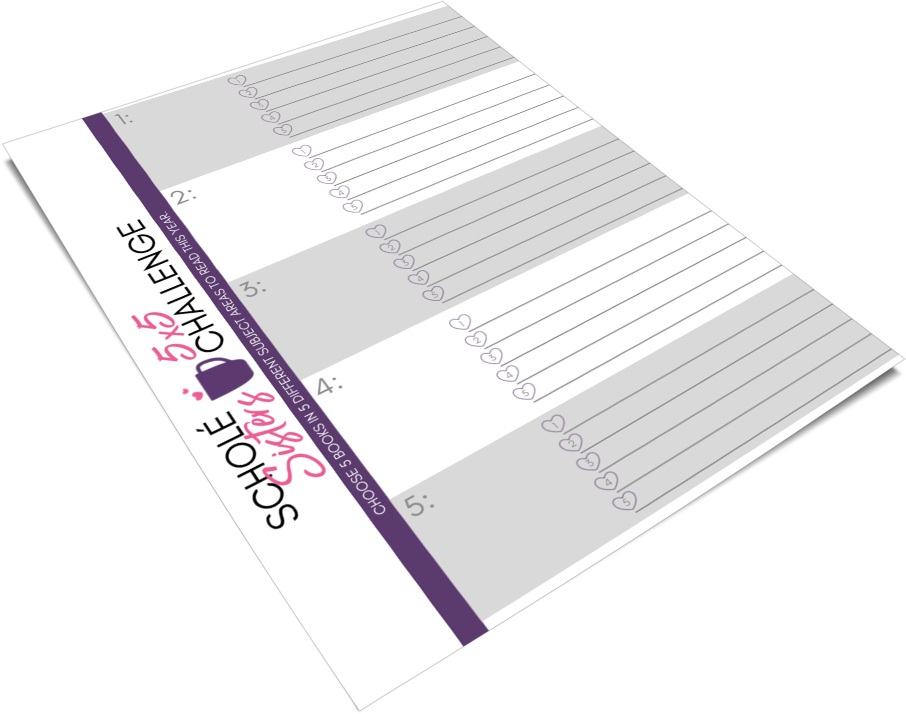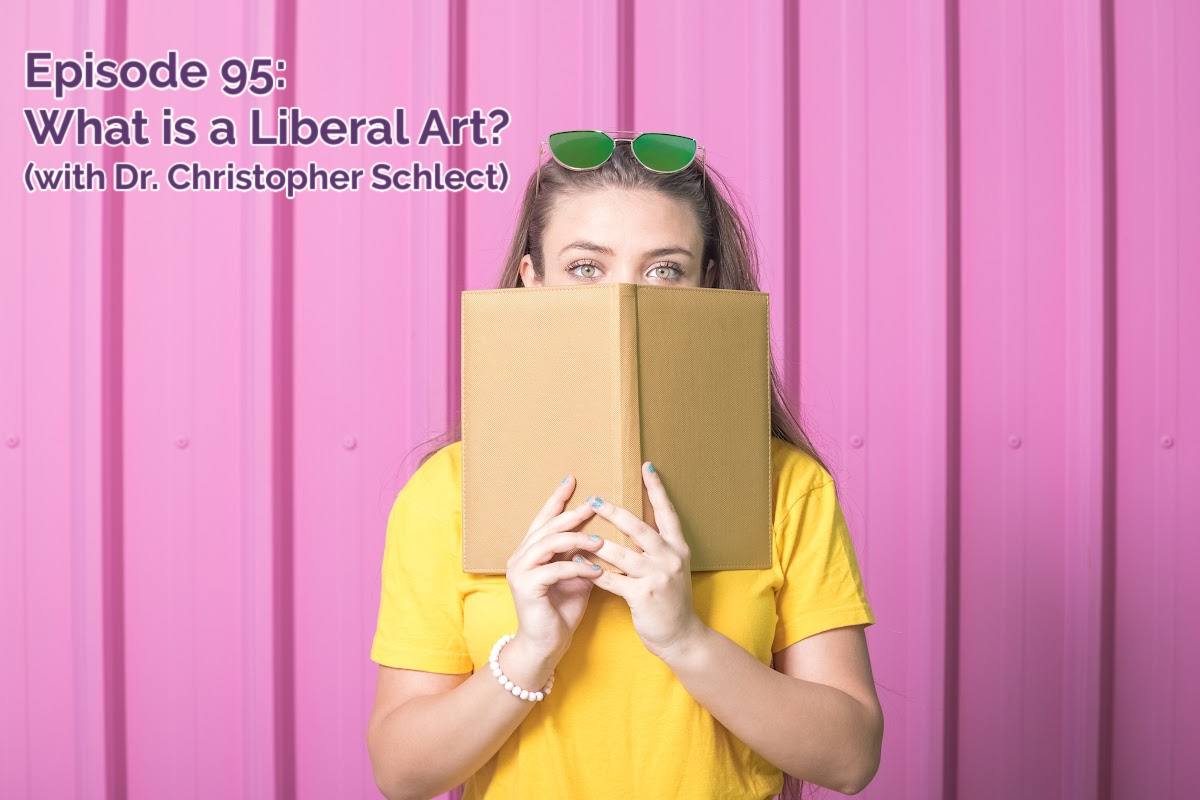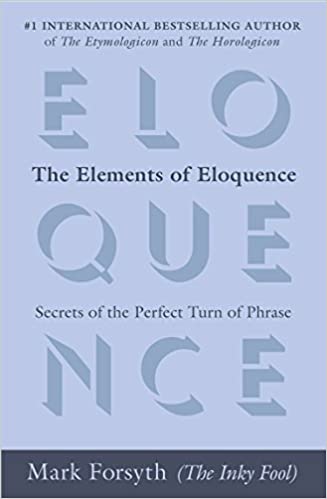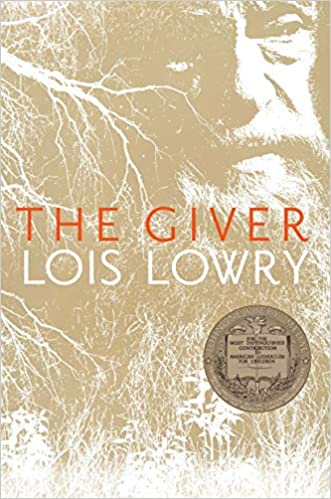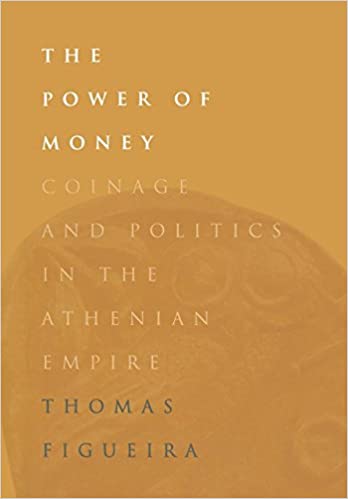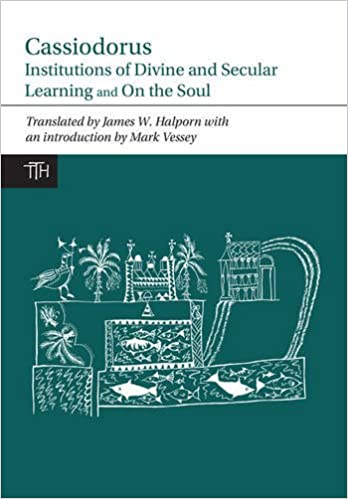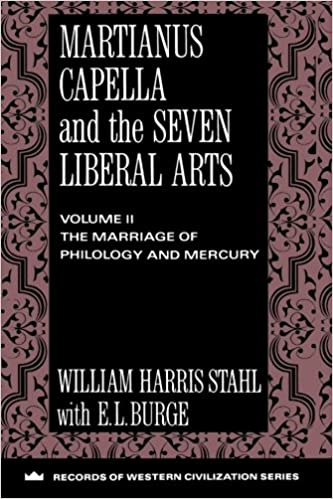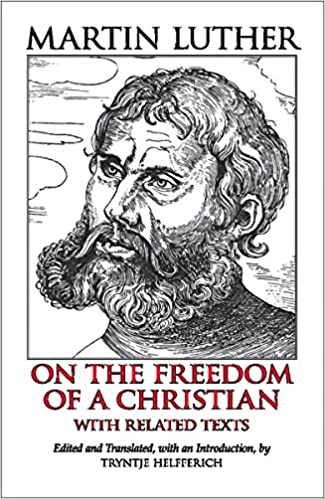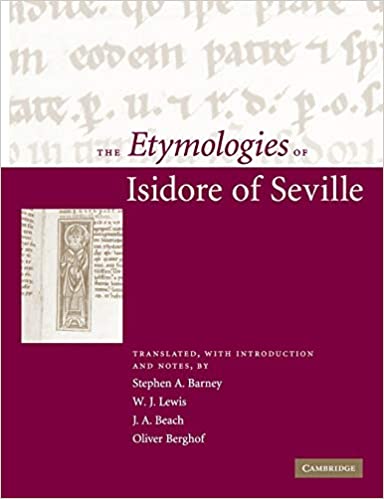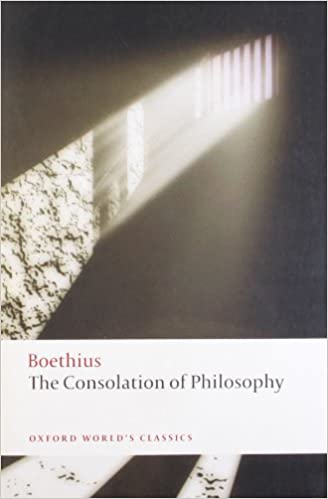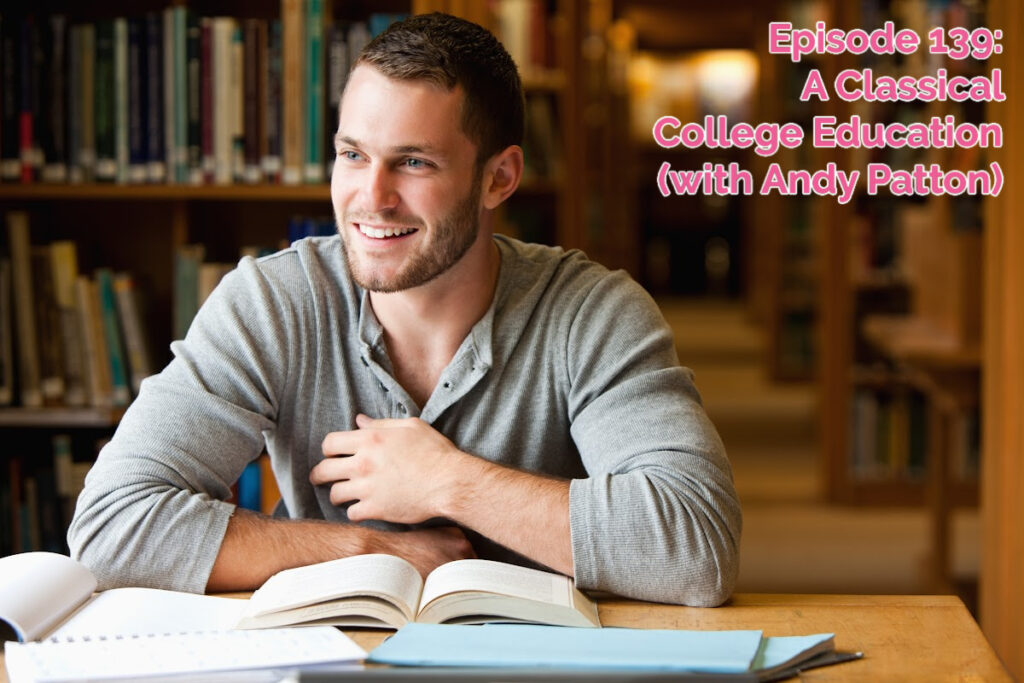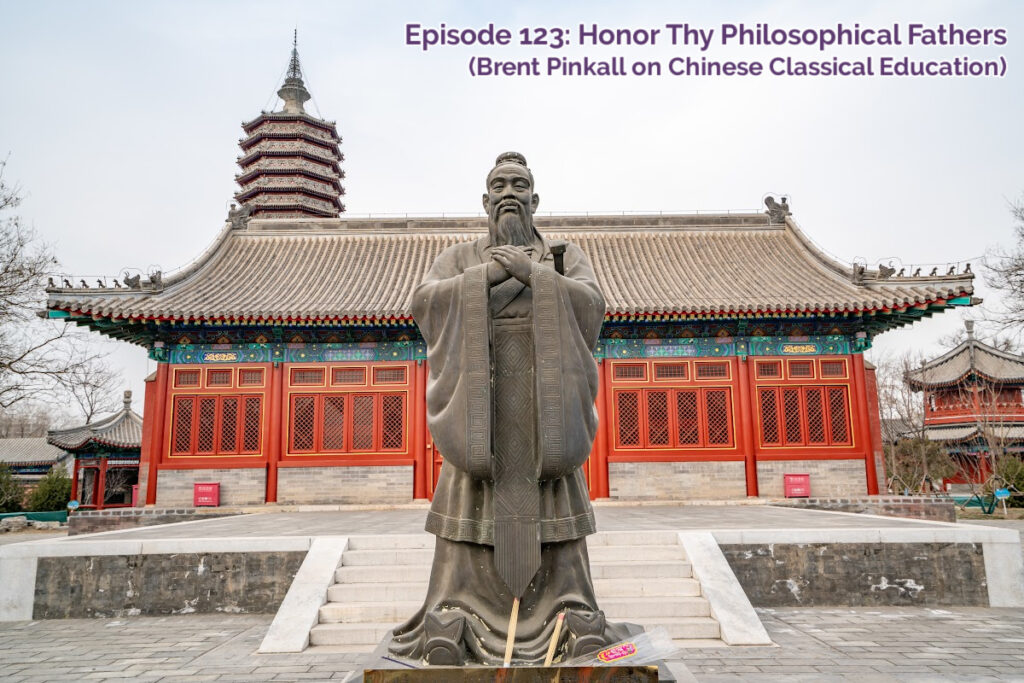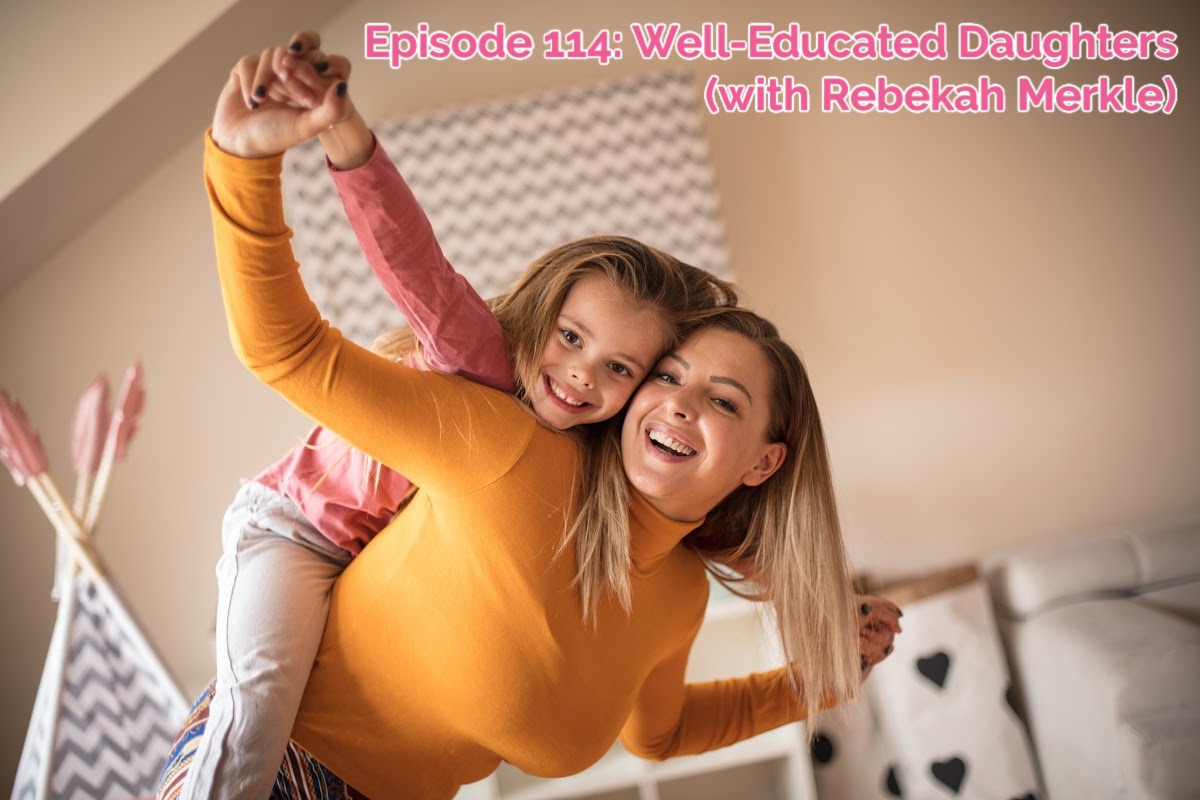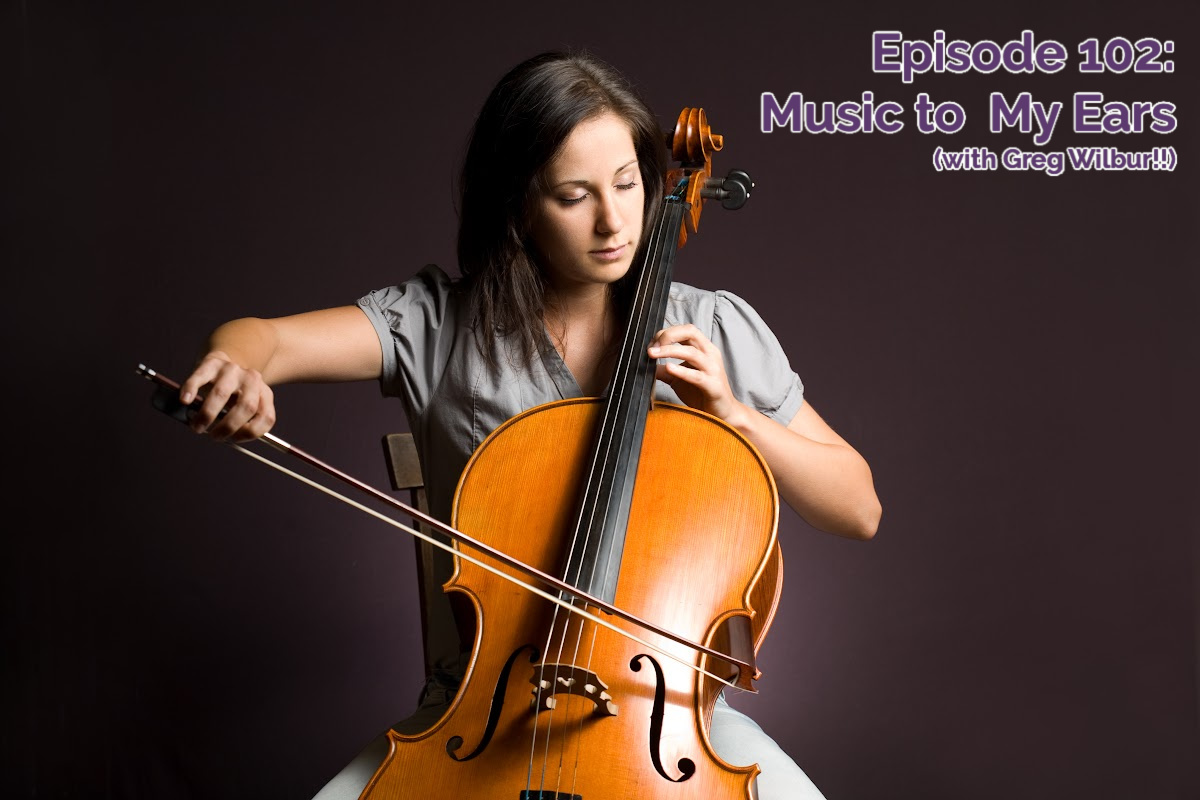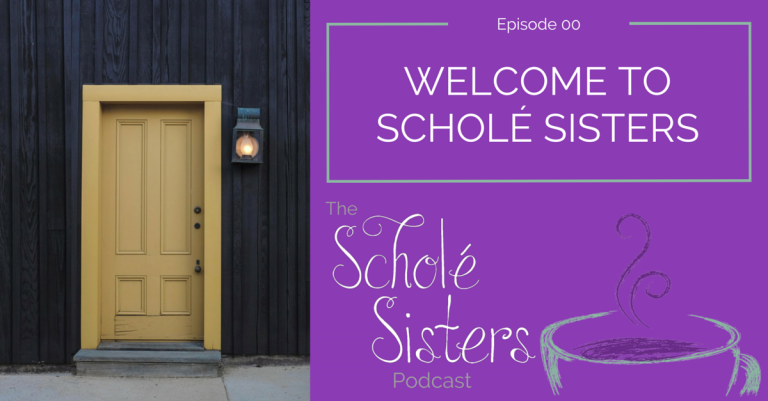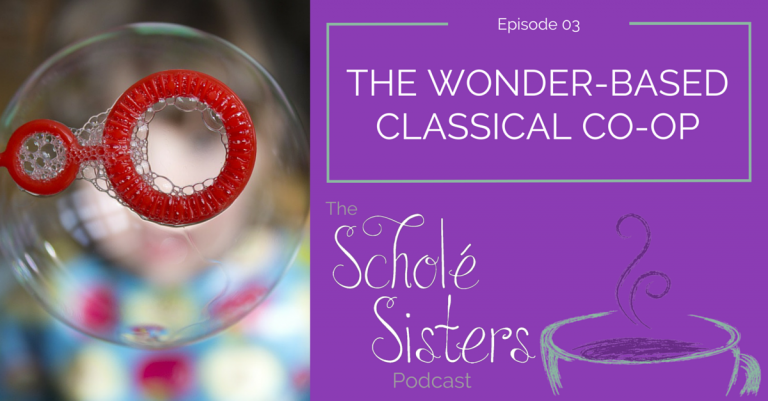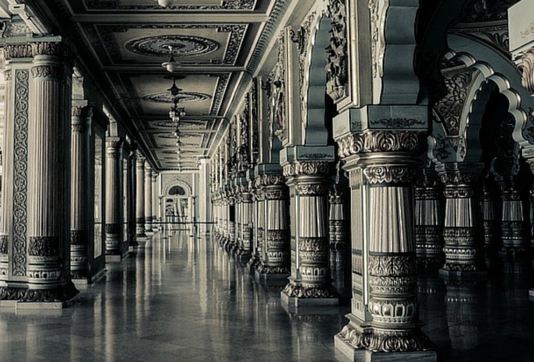SS #95: What are the liberal arts? (with Dr. Chris Schlect!!)
We talk about the trivium, about a liberal arts education, about classical education, but often without being clear about what these terms mean.
When we do have a definition, it is usually simplified. Sometimes, it’s not at all tethered to the actual historical usage or concept.
In this episode, we talk to historian Dr. Schlect, a professor at New Saint Andrews College in Moscow Idaho, to clarify the historical roots of the liberal arts – what they are and what the name means – why liberal? why art?
Listen to the podcast:
TUNE IN:
Apple Podcasts | Spotify | Stitcher
Studying the liberal arts
Today’s Hosts and Guest
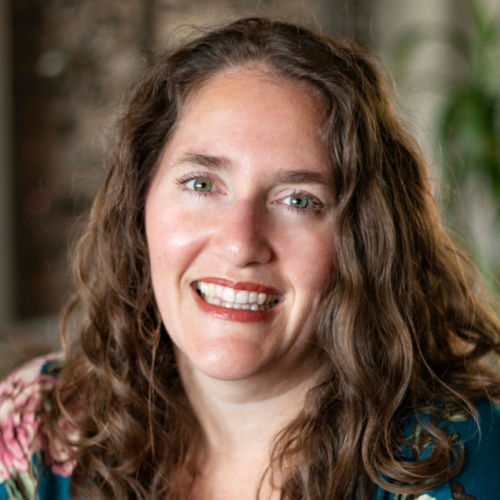
Brandy Vencel
homeschools the three children she has left at home and believes that a Charlotte Mason education is a liberal arts education.

Mystie Winckler
homeschools three of her five children and enjoyed her NSA grad class with Dr. Schlect so much she begged Brandy to invite him on the show.
Christopher Schlect, PhD, has taught at New Saint Andrews College for many years. He and his wife, Brenda, live in Moscow, Idaho, and have five children as well as five grandchildren.
He has earned eleven competitive awards for his research on early 20th century Protestant religious life. He was a 2012 Research Fellow at the Presbyterian Historical Society, and has been awarded the 2016-17 distinguished lectureship for the Association of Reformed Colleges and Universities.
His historical work includes service as a ranger for the US National Park Service, where he specialized in Protestant missions to the Nez Perce people and interpreted historical sites and material culture for the public.
Schlect is the Director of New Saint Andrews College’s graduate program in Classical and Christian Studies. He also serves Classical and Christian Schools around the country through his consulting and teacher training activities.
Schlect has authored Critique of Modern Youth Ministry, The Christian Worldview and Apologetics and an official history of the Communion of Reformed Evangelical Churches. His articles have appeared in Credenda/Agenda, Table Talk, Classis, and the National Park Service’s “Getaway” series. He has also contributed chapters to Repairing the Ruins: The Classical and Christian Challenge to Modern Education (Canon Press), the Omnibus series (Veritas Press), and the Latin Alive series (Classical Academic Press).
Scholé Everyday: What We’re Reading
The Elements of Eloquence: How to Turn the Perfect English Phrase, Mark Forsyth
Mystie is reading this title for her Wordcraft 5×5 challenge category. The book is fun because the author is having fun with language.
The Power of Money: Coinage and Politics in the Athenian Empire, Thomas Figueira
Monetary policy in the Athenian empire is Dr. Schlect’s jam. He also showed us an awesome Greek coin he has in beautiful condition.
The Giver, Lois Lowry
Brandy has read it four times, but just finished reading it aloud for the first time.
The Liberal Arts in Cicero and early Greeks
How the arts relate to sciences or to the humanities is confusing because the way these words have been used and defined has shifted.
Cicero was the first to use the term in regards to education. He used it to refer to the studies only possible for free men, men who do not need to engage in earthy necessities for life or subsistence work.
As a definition, Cicero’s definition of the liberal arts is problematic because it looks down on work.
The Liberal Arts according to Hugh of St. Victor
According to Hugh of St. Victor in his work Didascalicon, a liberal art is liberal not because of the social class who studies it, but because it is an art that liberates a student from needing a teacher’s oversight.
When armed with the liberal arts, a person is free to study fully and well anything they might want to learn. Additionally, they will want to learn.
That is why our children, whom we want to be lifelong learners not always under the direction of some academic program, need to have the liberal arts. It is why we, as independent adult learners, need the liberal arts.
Does all knowledge fit into the liberal arts?
Some in the classical school movement seek to fit all knowledge into the liberal arts paradigm. For example, they might call Computer Science a part of arithmetic or geometry.
Hugh of St. Victor, however, classifies different kinds of knowledge as different kinds of art. In his schema, computer science would be a mechanical art along with plowing and sewing and cooking.
Just because they aren’t liberal arts in Hugh’s classification doesn’t mean they aren’t important arts. It just means that they have a different purpose. We honor them properly when we honor them for what they are.
Why are there seven liberal arts?
Martianus Capella was one of the primary figures to formulate the arts into a list of seven at the end of the Roman empire.
Cassiodorus also, at a similar time, drew up a list of seven. The liberal arts was a category before them, but the lists were not codified or always the same between authors.
The three language arts – grammar, dialectic, rhetoric – are what we now call the trivium. Then there are four mathematical arts – arithmetic, geometry, music, and astronomy – that make up the quadrivium. Together, we have the seven liberal arts.
The four mathematical arts are derived from the Pythagorean school and the three language arts came from the schools of rhetoric.
Architecture and medicine were, for a time and by some educators, considered liberal arts. However, primarily because both are used practically and physically, they didn’t make the final cut.
Can we use the liberal arts in homeschools?
There ought not be any purist or orthodox positions in classical circles because classical refers not to a monolith theory or practice, but to being a part of a tradition. Living out traditions faithfully in context will be messy work, but it is worthwhile.
Don’t let someone who can fill up the footnotes scare you into thinking you aren’t doing something rightly or well if you are doing the best you can where you are.
These arts are those that allow us and our children to become self-directed learners, so they are precisely what we are after.
Are the liberal arts subjects or methods?
Hugh of St. Victor distinguishes between teaching the art and teaching by means of the art.
To teach the art would be to learn the rules and content of the art itself. The content of the art then allows you to handle a text using that art to understand the ideas presented.
To read analytically we need to read with grammar and using grammar as a means to study also includes imitative exercises that require using the arts creatively and productively.
The arts are skills. When we study the liberal arts, we are becoming liberal artists when we practice the arts.
Do we need to sequence the liberal arts?
In all presentations of the language arts, grammar is foundational. However, whether dialectic or rhetoric is next or more advanced or needed is not standard across history.
Analogously, in the quadrivium, arithmetic is prerequisite to the other arts, but one isn’t before another.
But the liberal arts are not ever historically presented as subjects or sequence where you do one and then move on to another.
The end goal of the liberal arts
Wisdom is goal of the liberal arts.
Hugh of St. Victor starts with the need for education. As humans, we fell, so we have inadequacies. Wisdom corrects our pride and arrogance, so we found the liberal or theoretical arts to discover wisdom. Virtue is the remedy for vice, so the practical arts were developed. Additionally, we have bodies with needs, so we need the mechanical arts to fulfill our physical needs. Finally, we have the logical arts so we can order these studies and pass them on.
In your toil to understand and teach and train and raise up, Christ is there remaking the world. That is our hope and joy.
Mentioned in the Episode
Listen to related episodes:
SS#139 – A classical college education (with Andy Patton!!)
SS #123 – Chinese Classical Christian Education with Brent Pinkall
SS #114 – A Well-Educated Daughter (with Rebekah Merkle!)
SS #102 Music to my ears (with Greg Wilbur!!)

Want to talk about the ideas presented here? The conversation is happening inside Sistership.
